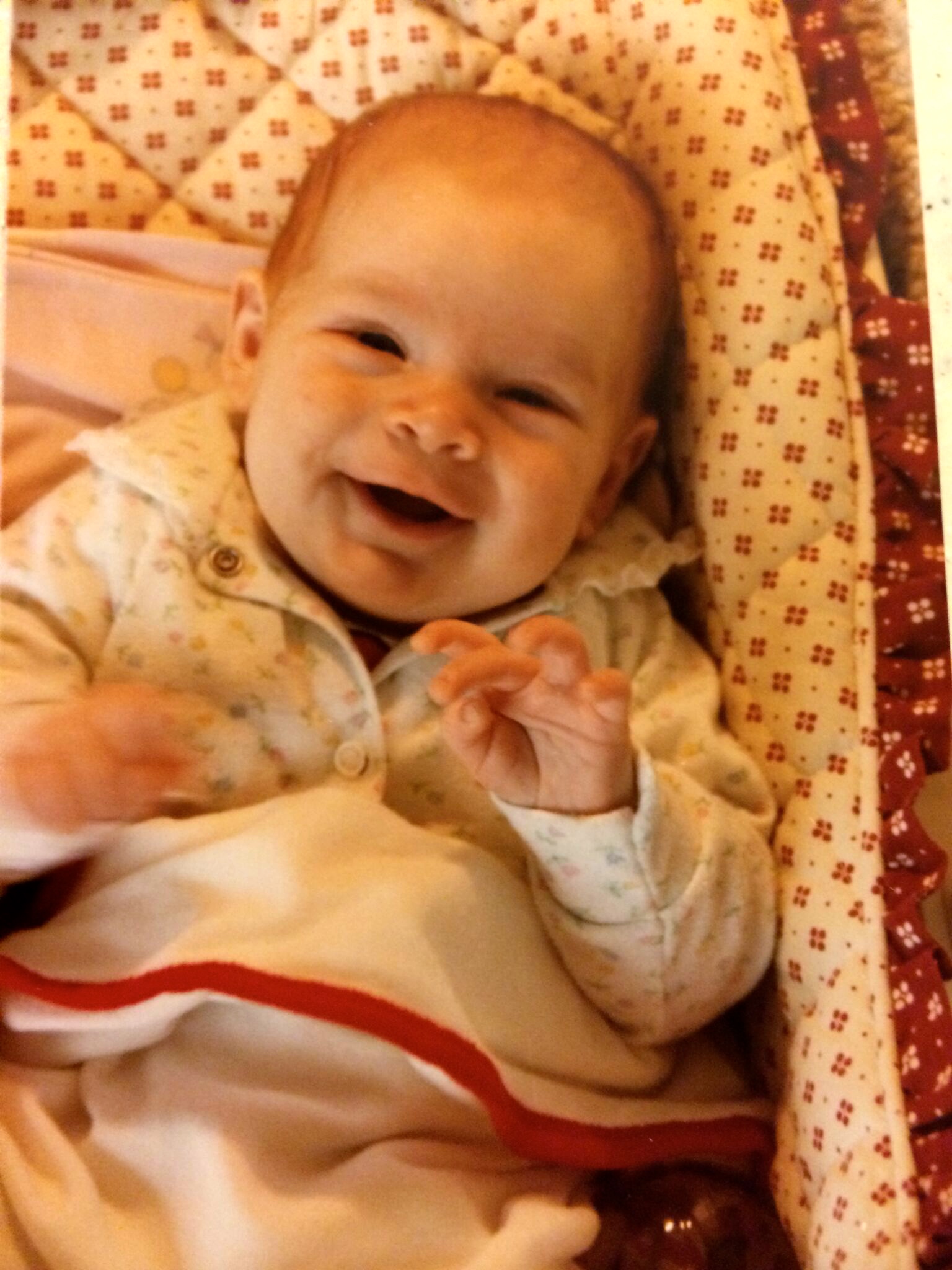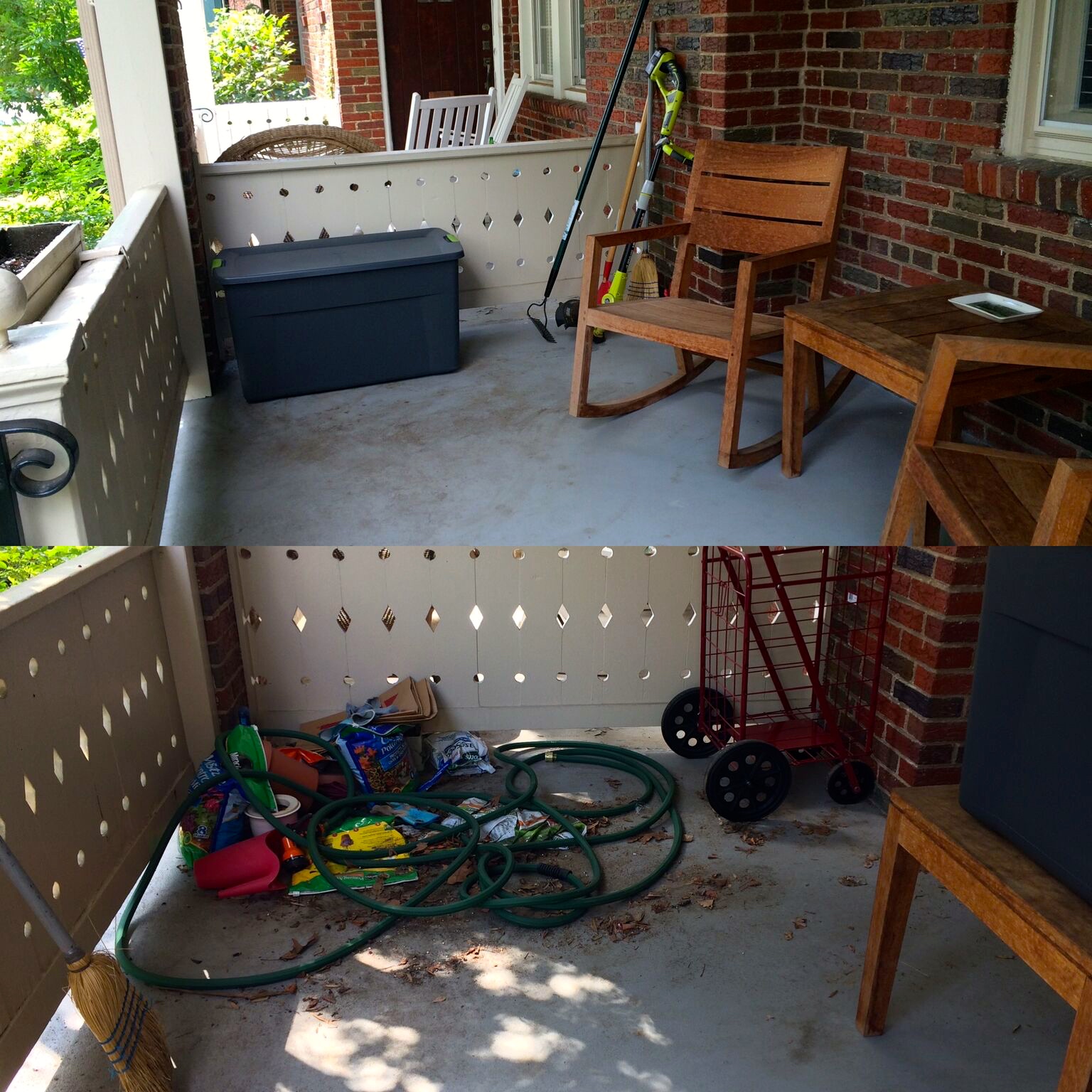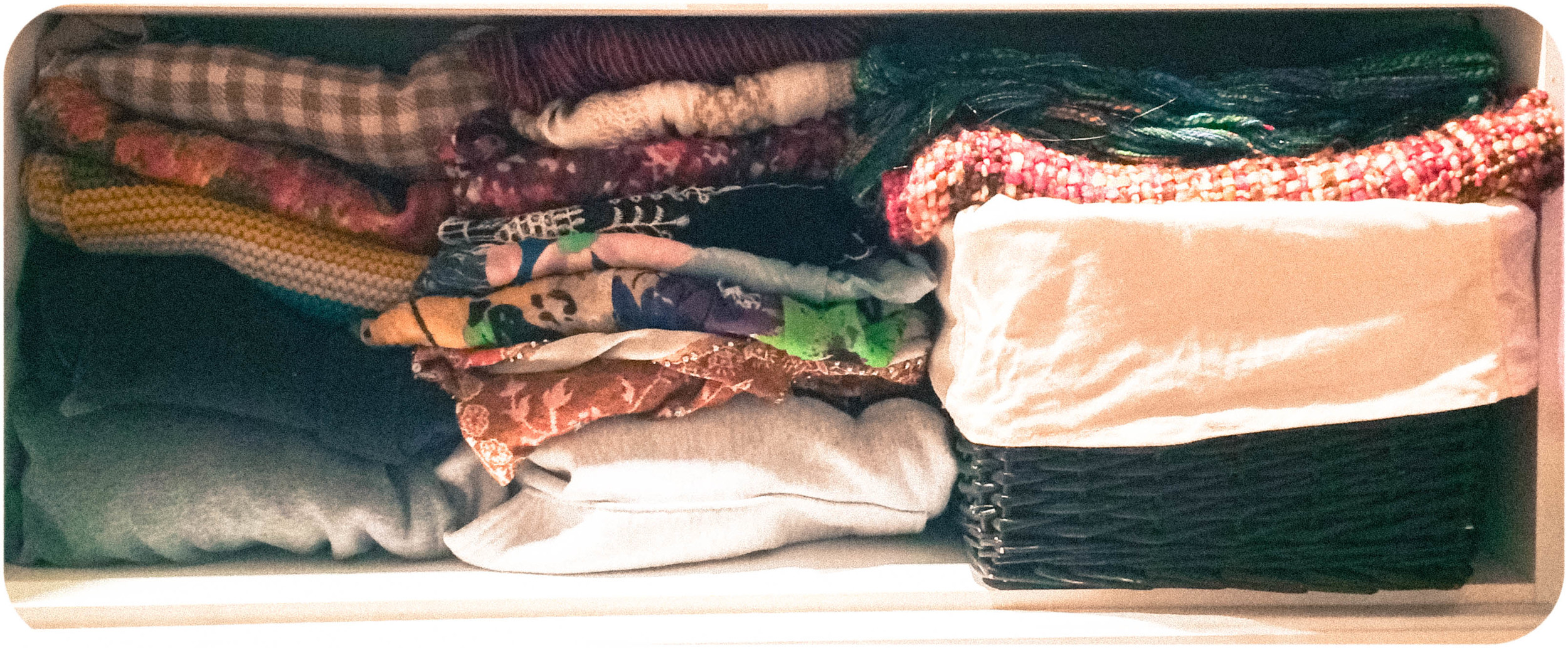My Shining Moment
/It's not what you think.
I have never liked measuring ingredients. Salt, nutmeg, even green food coloring--what's the use in hauling out the measuring spoons? (Yes, I once made green cookies.) When I do, on rare occasion, measure an ingredient before dumping it into the bowl, I feel as if I am conforming, succumbing to blandness and normalcy. What's whimsical about employing measuring cups? Doing so will only mean that my cookies are the exact same as everyone else's. Who wants that? Well, I suppose if the cookies are good ...
As part of my I'm-Almost-Thirty-Kick, I decided I would plan ahead (WOAH) and make something relatively healthy for dinner that would last us for a few days. Since this was Sunday night and we were just about out of fresh ingredients, I settled on something egg-related. I love the flexibility of eggs. It is possible to combine them with just about anything and produce something relatively edible. So, I decided to pursue the adventure that baking a quiche, and before I knew it, I had found not one, but two, recipes. (Who am I? I never do this!) One for the gluten-free crust, and one for the quiche innards. Not that I actually followed the latter all that closely, but it's progress.
I pre-baked the crust at 425F for 15 minutes. Of course, ideally, I would create the egg situation while the crust was pre-baking, but OH PLEASE, that is not, and never will be, possible. Most recipes, I feel, are arrogant; they act as if it's no big deal to chop obscure vegetables and braise some expensive rodent meat while the electric mixer churns 3 flours that grocery stores don't sell with organic eggs and a homegrown herb or two. I don't have seven hands and two brains!
On another recipe note, I feel that most recipe layouts, on a scale of readability and design, rank somewhere between mediocre and abysmal. What I would like to see is, at the top, an overview of the cooking methods and tips for how to work efficiently, followed by a list of directions (and possibly accompanying pictures, a la Blue Apron), with the ingredients AND amounts of said ingredients. Why do cookbooks resist the bullet point? Maybe I am extra sensitive to layout and font because for the past two years I have created assignments and written instructions for students with learning disabilities? Regardless, recipes should be friendlier; they should want you to make them!
Also, I think that minimal commentary in the recipe itself is best. Otherwise, I will skim the recipe (because either I or the husband is hungry and wants to eat this food!) to avoid the excessive instructions and inevitably not perform some crucial step, like, for example, when I threw green beans into the pan without cutting off the ends. Who knew?
But back to the quiche--there was some extra time for the crust to cool down while I finished making the veggie and egg concoction for the middle. The whole ordeal took approximately 75 minutes, though of course I did not time it.
I have two disclaimers: The original crust recipe would have made two crusts, so I halved most of the ingredients because I only needed one crust. Who needs two crusts? I took care to write out the new amounts so that I would not unintentionally use double the amount I really needed. However, not so accidentally, I used twice as much salt as recommended. I didn't bother halving it, even though I halved all the other ingredients. I figured it's just salt ... so the crust was salty. I also used some peppers from a Blue Apron meal, and I have no idea what they actually are.
Nevertheless, I was so pleased!
My Quiche Recipe
(albeit with rough measurement estimates)
First, make the crust by mixing (ideally in an electric mixer) the following ingredients:
1) Combine and mix the dry ingredients:
- 1 cup of GF flour
- a sprinkling of flax seeds
- another sprinkling of psyllium husk
- 1/4 tsp of salt
- 1 tsp of sugar
2) Add 1/3 cup of coconut oil and mix.
3) Add one egg and mix.
4) Add up to 1/3 cup of water slowly.
5) Roll out the crust on parchment paper, then flop it into the pie pan.
6) Bake at 425F for 15 minutes.
Second, sauté the vegetables and add any desired meat. I used Applegate Farms turkey sausage.
1) Chop two full-size peppers or one full-size pepper and two mini ones.
2) Throw into a pan with some olive oil.
3) Chop a zucchini and add it to the pan.
4) Add meat into the pan as desired.
Third, concoct the egg mixture and then combine everything.
1) Combine and then whisk together the following:
- 5 or 6 eggs
- a dash of milk
- 7 or 8 mini mozzarella balls
- salt and pepper
- an herb, if you want to be fancy
2) Pour the veggie and meat mixture into the crust.
3) Pour the egg concoction on top of everything else.
4) Bake for 30 minutes at 375F.
Voila!






















